7 Key Considerations When Importing Japanese Videogames

The allure of Japanese video games lies not only in their innovative mechanics and storytelling but also in the unique cultural perspectives they offer to a global audience. When discussing the considerations of importing these games into different countries, one must account for the multifaceted nature of this process, which includes not just the translation of language but also the transference of cultural nuances and the preservation of original content's intent.
Translating Japanese video games for an international market requires careful thought beyond mere linguistic accuracy. Localizers must strike a balance between maintaining the game's authenticity and making it accessible and appealing to a new audience, which may involve adapting cultural references, humor, and social norms to resonate with players outside Japan.
Additionally, there is the commercial strategy to ponder, which encompasses matters such as market demand, timing of releases, and the logistics of distribution. At the intersection of these considerations lies the potential impact on the perception of Japanese games abroad and the preservation of what makes them uniquely engaging amidst a diverse spectrum of gaming cultures. These are the intricate layers that must be peeled back and explored when examining the complex tapestry of importing Japanese video games.
Why Import Japanese Video Games?
For many gamers, the chance to play Japan-only games is reason enough to go through the effort of importing. Developers like Atlus, Nippon Ichi Software, and Cave are known for producing titles that never officially make it outside of Japan. This means that fans of niche genres like tactical RPGs, 2D shooters, and visual novels need to import if they want to experience these cutting-edge or classic games.
There's also an allure to playing the Japanese versions of games, even ones that do see worldwide releases. Some players prefer experiencing games like Final Fantasy or Dragon Quest in their original unlocalized form. Additionally, Japan-region games may offer different difficulty modes, in-game items, or other content that provide a fresh take.
Consideration #1: Compatibility Check
Before importing any Japanese game, it's important to check that your game console can actually play it. While many Japanese games are region-free and will work on systems from any country, others run into problems due to region-locking.
For example, Nintendo platforms like the 3DS and Switch have extensive region-locking schemes. A Japanese 3DS game won't load on a European 3DS system by default. To get around this, you'll need to either mod your system's firmware or look into hardware solutions like an imported Japanese 3DS.
On the other hand, Sony systems like the PlayStation 4 and PS Vita are region-free for games. This makes importing Japanese titles for these platforms more straightforward. Just pop in the disc or download the digital game and you are good to go.
Consideration #2: Language Barrier
The most obvious consideration when importing Japanese games is the language barrier. Very few Japanese games offer official English text or voice acting patches. This means you'll need to either be fluent in Japanese or find ways to navigate the game menus and mechanics.
For story-heavy games like visual novels, some fan translation patches do exist. But these are limited to certain popular titles. More often than not, you'll be relying on gameplay videos, online wikis, and Google Translate to help figure things out.
If you're importing Japanese games to practice the language, then the language barrier can actually be a benefit. Pushing through games in Japanese is great reading and listening comprehension practice. But for those just looking to enjoy the gameplay, the language divide can understandably be frustrating.
Consideration #3: Shipping and Customs
Importing physical game copies means figuring out international shipping and customs. While buying Japanese games locally in a store during a trip to Japan is ideal, having items shipped directly from Japan to your country is more realistic for most gamers.
Services like Amazon Japan, Play-Asia, and Nippon Yasan make ordering Japanese games online easy. However, you'll still have to deal with postal fees, potential customs taxes, and longer transit times.
On average, a shipped video game from Japan to the United States takes 1-2 weeks in transit. This can feel like an eternity for gamers excited to dive into a new release! There are pricier express shipping options available, but costs quickly add up.
Consideration #4: Digital Downloads vs. Physical Copies
One way to avoid the headaches of international shipping is to download Japanese video games digitally. This is fairly straightforward on region-free platforms like the PS4. Just create a Japanese PSN account and you can access the Japanese PlayStation Store to download any games you want.
Digital downloads eliminate shipping fees and delays. The games download directly to your console. However, physical collectors may still prefer having an actual disc, cartridge, or case to display. There is also the concern about whether digital purchases will remain accessible and transferable across future hardware generations.
Consideration #5: Game Versions and DLC
When importing the Japanese version of a game, it's important to understand what content is included and how it differs from releases in other regions. For example, the "international" or "Asia" versions of a Japanese game may include English subtitles and be playable on more console regions.
There's also the issue of DLC and updates. While you can play the base Japanese imported game just fine, any additional downloadable content or patches will need to come from the Japanese online store for that console. So you need a Japanese account setup to access those services.
Consideration #6: Community and Support
Lastly, importing Japanese games means less official support and smaller communities, since most fans will be playing the localized versions. Without FAQs, forums, and wikis available in English, getting help with mechanics, quests, and items can be tricky.
Thankfully, dedicated fan translation groups and import enthusiasts do form communities around popular Japanese franchise imports. Tapping into these circles via forums, Discord servers, and subreddits can provide some useful assistance. But the support will still pale in comparison to that found for Western game releases.
Consideration #7: Enjoying the Experience
Even with all these challenges and logistics to think about, importing Japanese video games is ultimately worth it for the chance to enjoy exclusive titles and unique gaming experiences. The language barrier, shipping fees, and compatibility hurdles just add more complexity to the adventure.
Focus on the games themselves first and treat the import process as a bonus gaming challenge to take on. With some effort and research, you'll be rewarded with gaming magic that no one else in your area can easily access. Have fun on your Japanese gaming import journey!
Conclusion
Importing Japanese video games serves as a bridge between cultures, allowing gamers around the globe to immerse themselves in Japan's rich storytelling and innovative gameplay mechanics. These imports not only enrich the global gaming community but also promote cross-cultural understanding and appreciation. Moreover, the economic interplay creates a shared space for collaboration and growth in the gaming industry.
As these games cross borders, they evolve through localization, sometimes altering content to be more culturally relevant or sensitive to the receiving audience. This process ensures a tailored gaming experience while fostering a global conversation about cultural differences and creative expression. In conclusion, importing Japanese video games is a vibrant celebration of cultural exchange, artistic innovation, and international economic synergy that enhances the global gaming landscape in more ways than one.










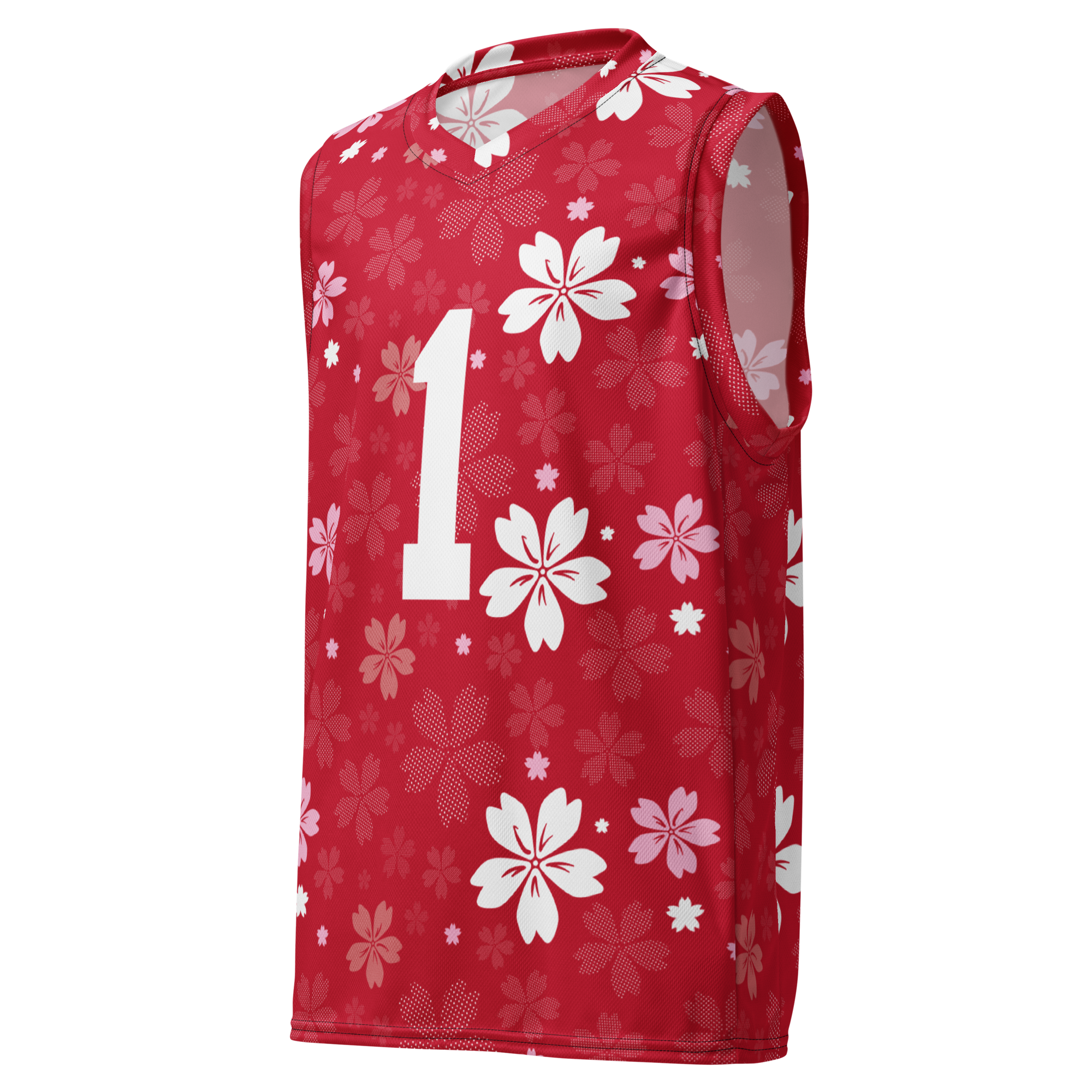
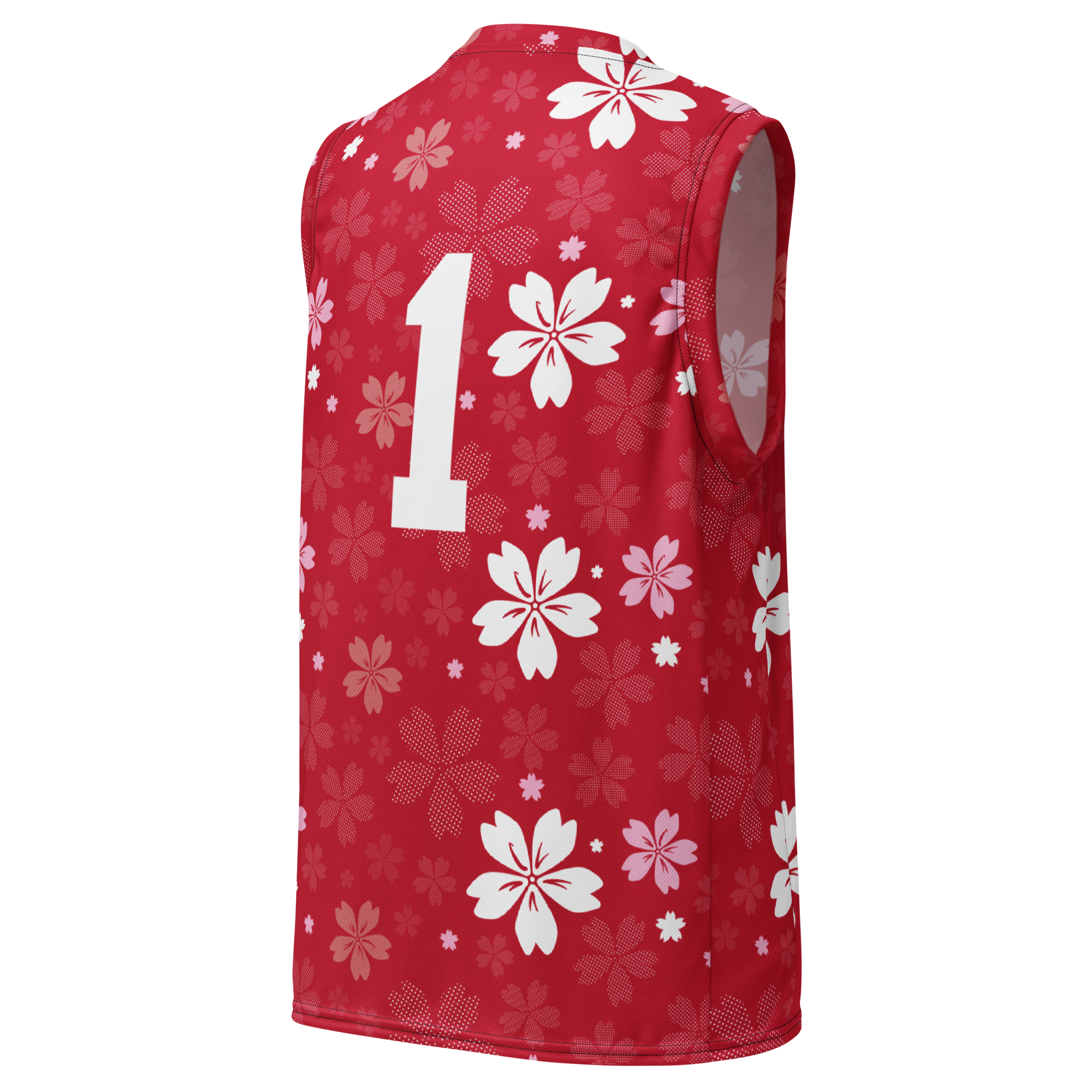

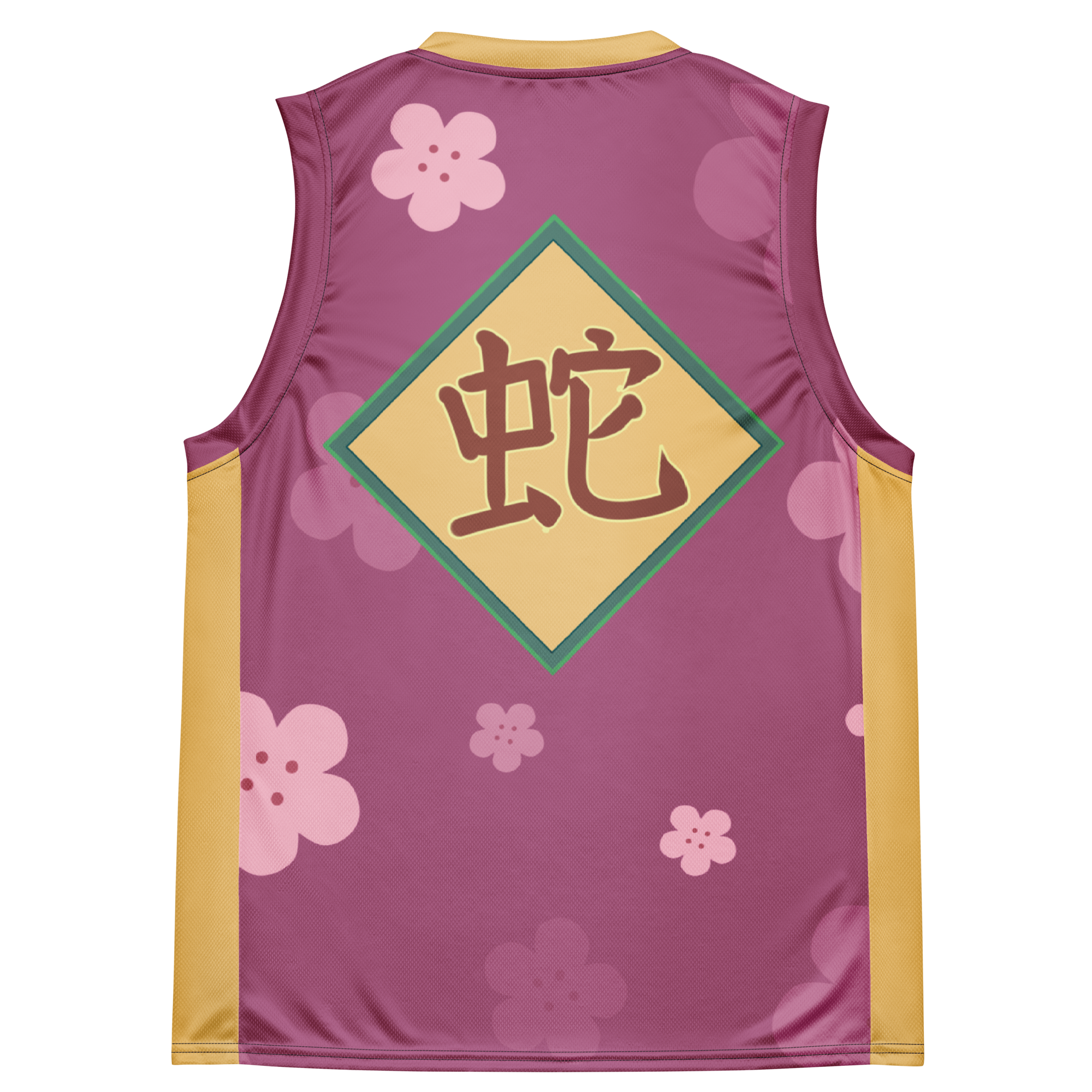
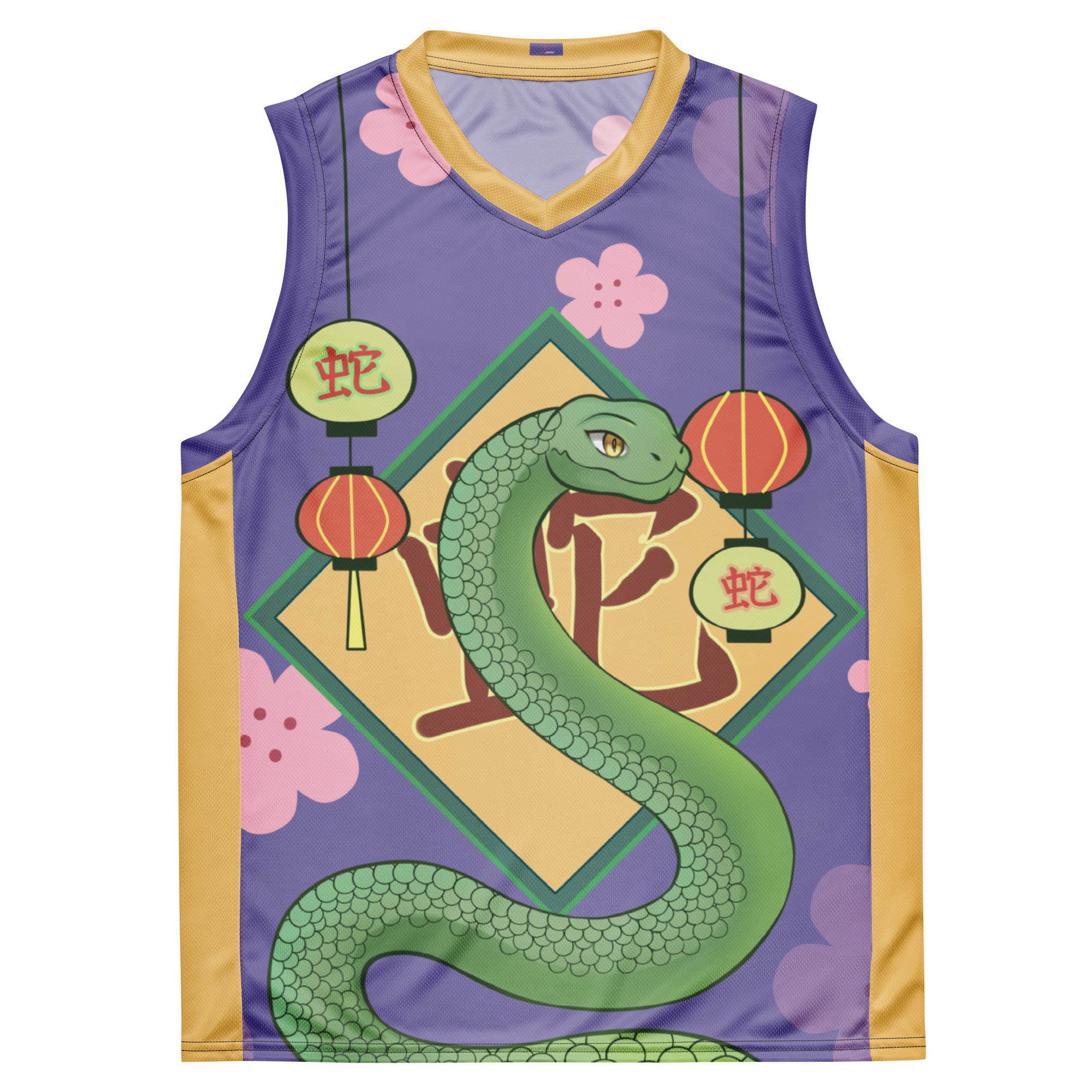
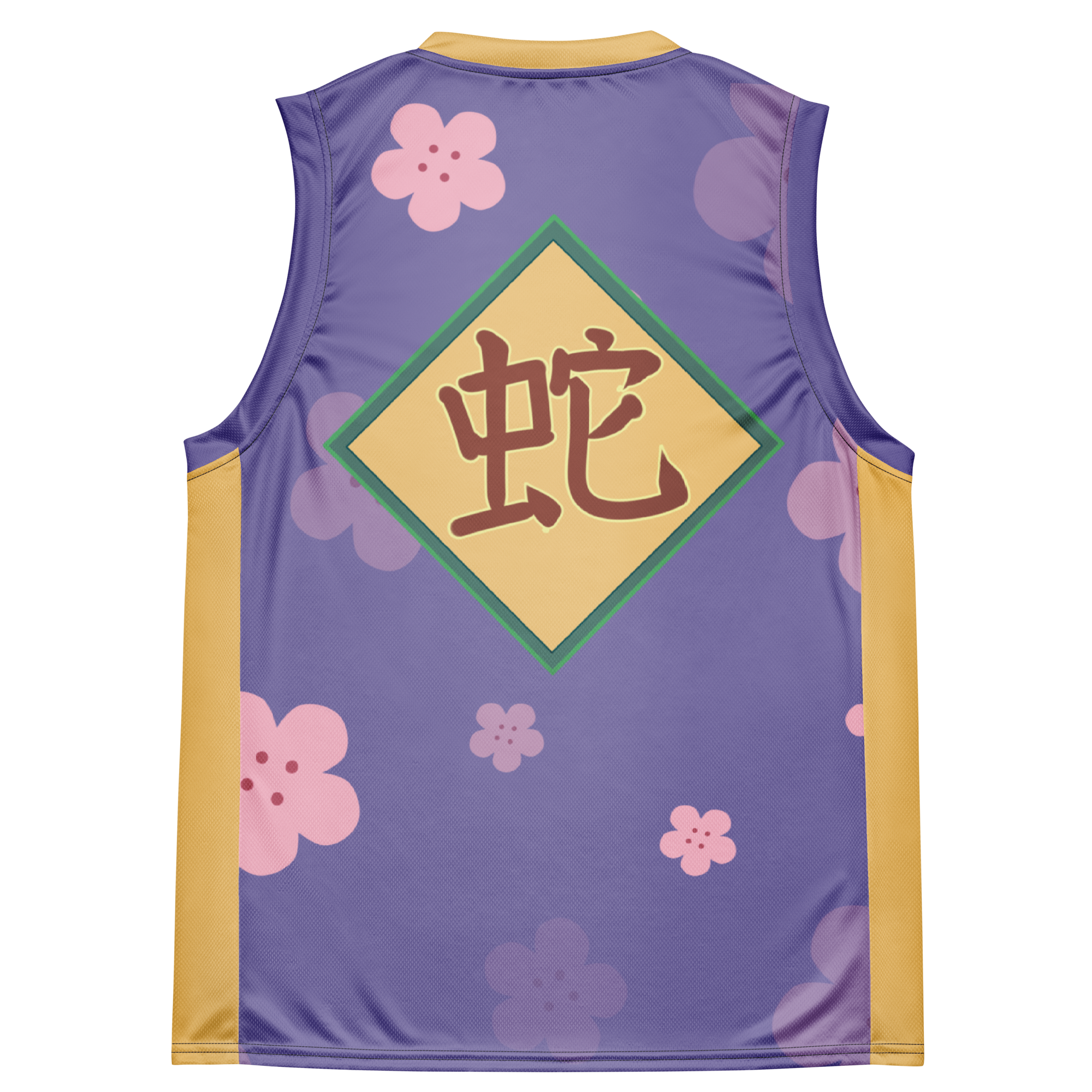

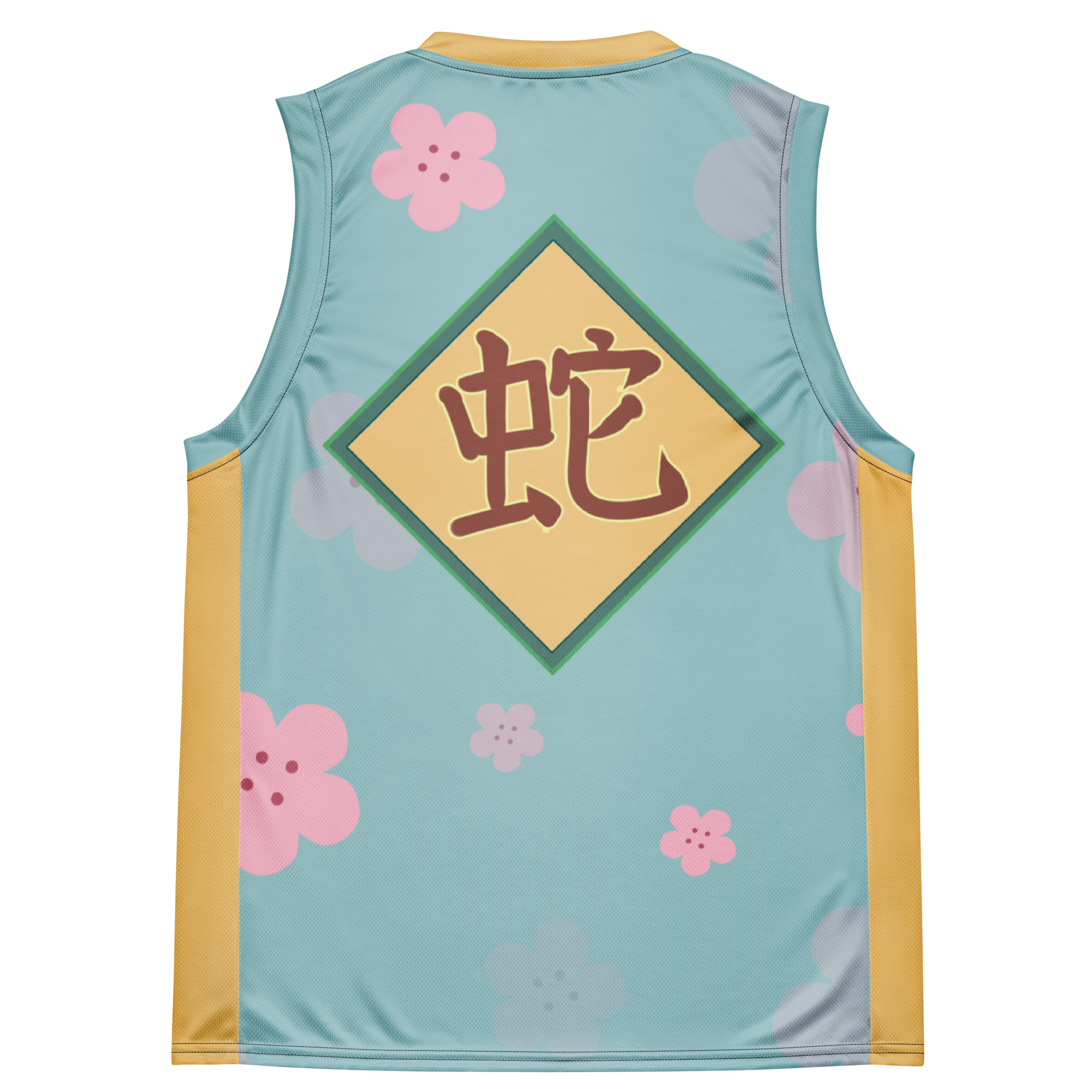



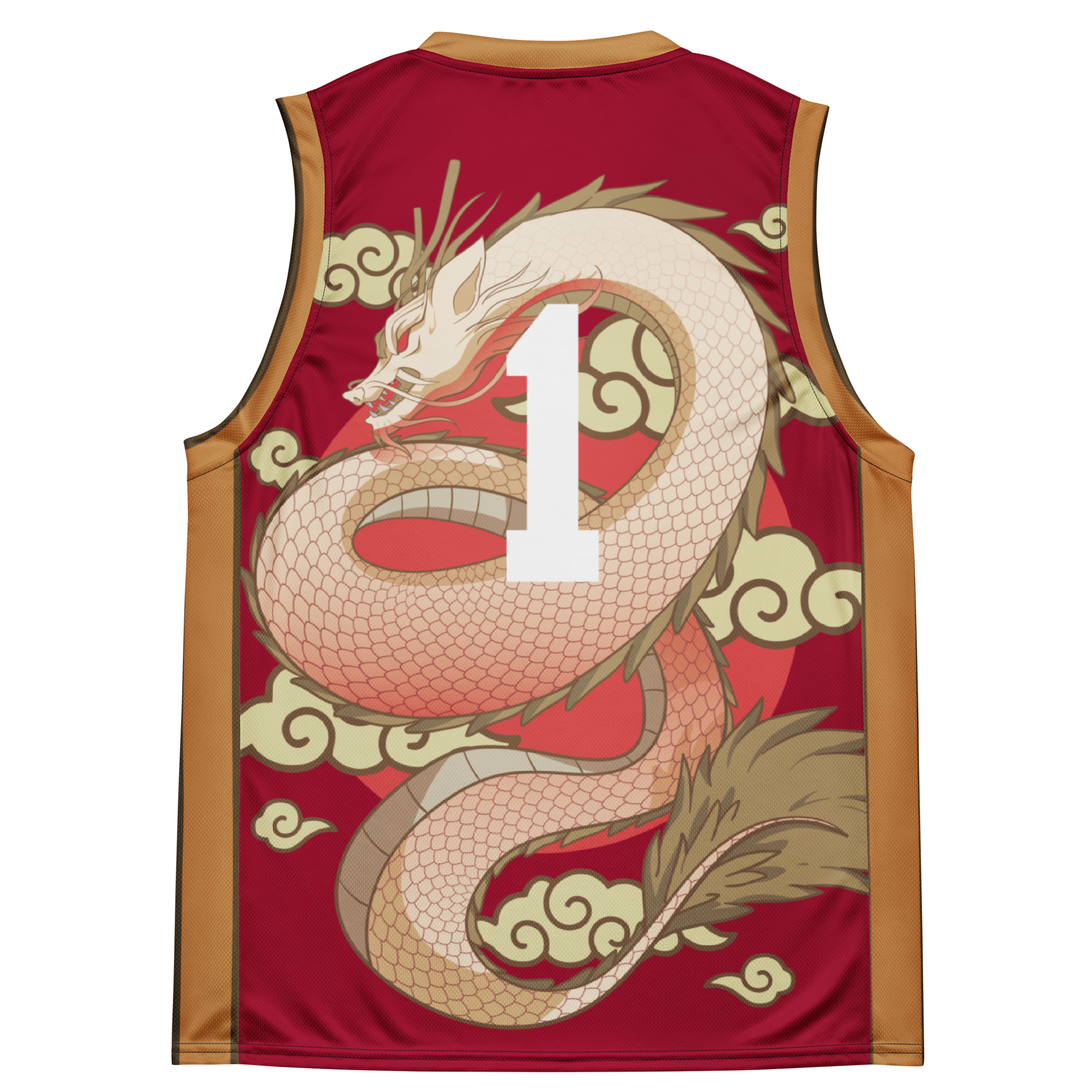












Leave a comment